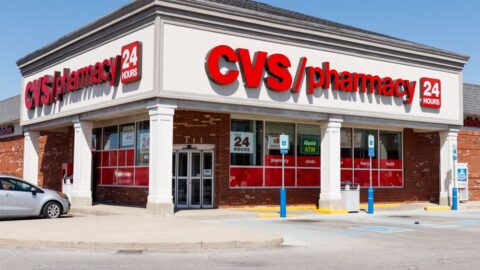Less than a week after Walgreens’ Q3 earnings results revealed that the company had increased the volume of its cost-cutting plan from $1.5 billion to $1.8 billion after a 55% quarterly profit dip, various reports have indicated that the pharmacy giant is exploring going private. Walgreens Boots Alliance, which operates the U.S.-based Walgreens drugstore chain and the UK-based Boots drugstore chain,has reached out to private equity firms, including former owner KKR, for a potential deal.
For Walgreens Boots Alliance, valued at $55 billion, a deal to go private would be a chance to eliminate pressure from Wall Street and the need to appease public shareholders. Shares of Walgreens have slid approximately 22% over the past 12 months. Both its pharmacy and retail businesses are under pressure, with shoppers buying more pharmacy items online and new competitors selling prescription drugs online.
But going private certainly has its risks; such a deal would be the largest leveraged buyout in history. As a public company, Walgreens already has a debt load of roughly $17 billion, which complicates matters since retailers typically take on even more debt in a private equity deal. In the case of retailers such as Toys ‘R’ Us, Payless and many others, this debt becomes too difficult to handle, and it can ultimately prevent the companies from making the investments necessary to improve stores and adapt to changing consumer preferences.
Walgreens Boots Alliance also is in the midst of closing 400 stores as part of the cost cuts — 200 in the U.S. and 200 in the UK — signaling that there are still areas where the company needs to optimize profitability. In the U.S., the pharmacy chain is trying new things to revitalize its present store base, such as partnering with Birchbox to deliver beauty shop-in-shops in 500 stores this holiday season, and opening Jenny Craig weight management centers within 100 locations.
In 2017, Walgreens dropped a $17.2 billion deal to buy competitor Rite Aid after failing to win U.S. antitrust approval. Instead, it agreed to acquire 1,932 Rite Aid stores, approximately 42% of Rite Aid’s total store base. This expanded retail footprint proved too big for Walgreens, which has been gradually closing 600 locations. In total, Walgreens operates approximately 9,300 stores in the U.S.
Walgreens Boots Alliance is working with investment bank Evercore to explore whether it can put together a deal, according to Reuters. Presently, CEO Stefano Pessina is Walgreens’ largest shareholder, with approximately 16% of shares, and he could roll his equity into the deal to help finance the transaction. The pharmacy also has contemplated divesting some of its assets, such as its 27% stake in drug wholesaler AmerisourceBergen Corp., to provide more funding, the report said.
KKR initially bought Alliance Boots in partnership with Pessina, then the company’s Executive Chairman, and other investors. The private equity firm stayed on as an investor after Walgreens announced a two-part deal to acquire Alliance Boots in 2012. By the time Walgreens acquired all of Alliance Boots in late 2014, KKR had roughly quadrupled its cash investment, according to media reports at the time.
Pessina was named acting CEO of Walgreens Boots Alliance in January 2015 when the merger took place, before being named to the position permanently in July of that year.












